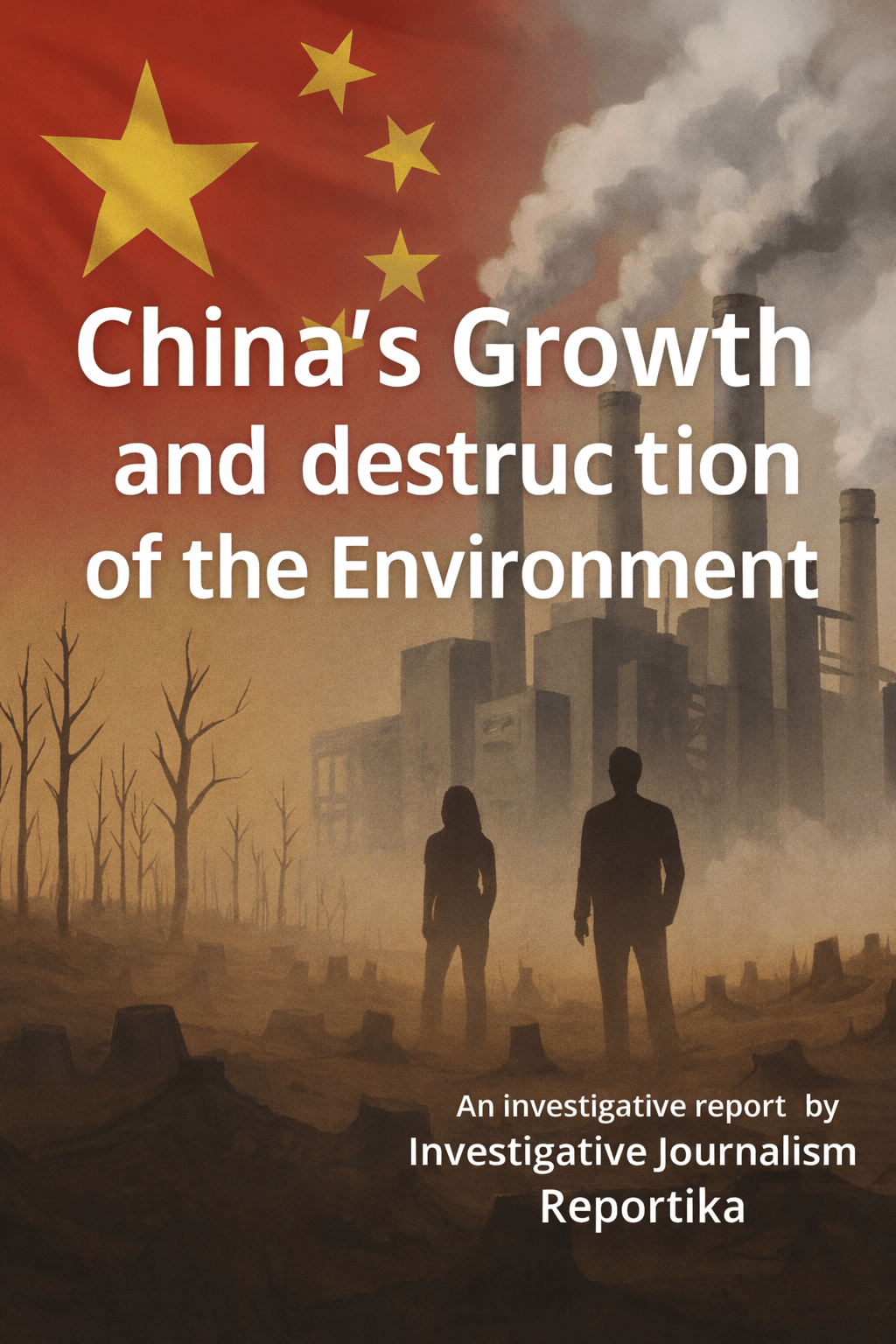Laos should raise its value-added tax rate and also increase taxes on cigarettes and alcohol as part of efforts to address high inflation and currency depreciation, the World Bank said.
The government should also spend more money on health care and education to lay a foundation for future development, the bank’s representative in Laos, Alex Kremer, said in a report released last month.
But the World Bank’s tax recommendations were mostly aimed at tackling Lao’s current troubled economy, which has struggled with rapidly rising prices, low foreign investment and public debt that could grow to 125 percent of GDP this year.
The massive amount of debt, which reached US$18.7 billion at the end of 2022, has destabilized the country’s macroeconomy and slowed economic growth, Kremer said in the report.
Just over half of the debt is owed to China, which helped Laos build the US$6 billion Lao-China High Speed Railway as part of its Belt and Road Initiative. Other major Chinese investments include roads and hydropower dams.
Mining projects and local jobs
Meanwhile, the government approved 192 concession projects last year worth almost US$5 billion in 2023, more than double the number from the previous year, according to the Ministry of Planning and Investment.
Most of the investors are from China and Vietnam who are focused on the country’s mining, energy and agricultural sectors, the ministry said in a report.
Projects approved by the government in 2022 were worth US$2.3 billion, according to the ministry.
Most of the projects are in the mining sector, which could create more jobs for local people as companies seek to extract gold, ore and other minerals, according to an official who is familiar with the country’s planning and investment sector .
“Of course, there are some impacts but they are not big problems,” he said. “There will be damage to local roads, but the investing companies are responsible for that. Some local people will have opportunities to work as daily workers.”
Debt servicing
Service payments on the country’s debt – the regular payments required by loan issuers that include interest and principal – could rise to 39 percent of GDP, the World Bank said.
Laos’ currency, the kip, depreciated 29% against the Thai baht and 21% against the U.S. dollar last year. The main cause of the depreciation was a shortage of foreign currencies needed to pay down the debt and fund development projects, according to the World Bank.
Similar to a sales tax, the value-added tax, or VAT, is added to the price of a product or service at each stage of production. Raising it from 7% to 10% and bringing in more revenue from tobacco and alcohol sales would help stabilize the government’s finances, Kremer said.
The Lao government has also been cracking down on corruption, selling government assets and eliminating ineffective state enterprises.
New import-export requirements
An official from Laos’ national bank, the Bank of the Lao PDR, told Radio Free Asia that other measures to get inflation under control, such as mandating exchange rates and enforcing the law on foreign currency management, haven’t been working.
“We’ve failed to control exchange rates, even after we shut down all money exchange outlets,” he said, requesting anonymity for safety reasons like other sources in this report. “But we can’t inspect everything and everywhere.”
The Lao Ministry of Industry and Trade on Dec. 29 unveiled a new rule that requires all import-export companies to register with the government and to conduct all foreign transactions only through banks in Laos.
“We want the companies to make payments through the banks in Laos so that more foreign currencies will be in the system,” an official from the Lao Ministry of Finance said.
Most commercial banks in Laos aren’t able to sell foreign currencies to customers, according to an official of the Joint Development Bank’s Luang Prabang branch.
“We only buy foreign currencies,” he said. “If customers really need foreign currencies, they can write a formal letter requesting to buy foreign currencies from any banks.”
Because of the government enforcement on foreign currency, business people in Laos have turned to the black market for foreign currency, an employee of an import-export company that brings in goods from Thailand told RFA.
Translated by Phouvong. Edited by Matt Reed.



